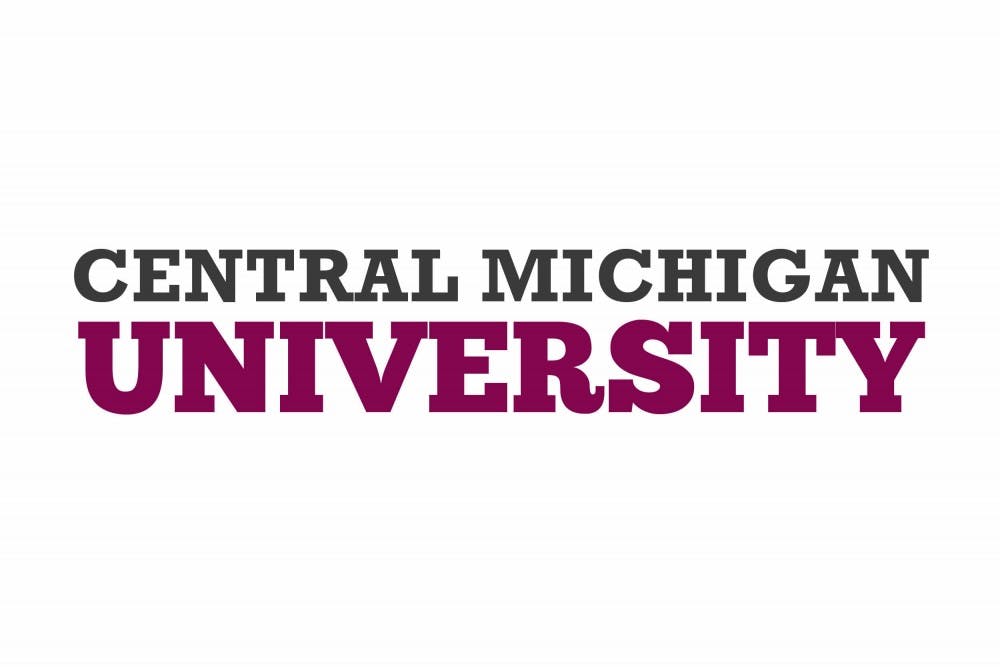Students work to free people from disabilities in therapeutic recreation major
Troubled by the struggles people with disabilities face every day, Lyndsey Griffin is certain her future patients will be able to make it on their own.
As a recreation therapy major, the Onsted senior hopes her work can help people live productive lives, with little assistance.
“I picked therapeutic recreation as a major because I want to encourage independent living for those with disabilities,” Griffin said. “I want to show them that they have a purpose in life and I'd like to give them the tools and resources they need to better their health.”
Therapeutic recreation focuses on the use of recreational activities to address functional skills, and improve the quality of life for people who have a chronic illness or disability. Issues are addressed through many activities, such as sports and aquatic therapy.
As a member of the Therapeutic Recreation club, formed in fall 2014, Griffin is aspiring to become a certified therapeutic recreation specialist, and work in a clinical setting.
She said the most difficult part about the major is being able to learn and take in information about the different types of disabilities and precautions that come with them.
While learning about how disabilities affect people can be complex, Griffin said the knowledge is invaluable in connecting with patients on a personal level.
“The most rewarding aspect of this major is knowing that one day I will have the opportunity to use my knowledge to help others,” Griffin said. “What I'm looking forward to the most is being able to work with real patients and getting to know them instead of working on a case study for someone I have not met.”
Along with treating disabilities, behavioral health classes also are offered to train students in psychiatric diagnoses ranging from bipolar disorder to schizophrenia.
CMU is ranked third in the nation for its recreational program, said professor of therapeutic recreation Mary Lou Schilling, citing data from the National Council for Therapeutic Recreation Certification.
Other top schools include Fremont College in California, East Carolina University in North Carolina, University of Wisconsin and Brigham Young University in Utah, according to colleges.niche.com, a national database ranking universities' academic programs.
Schilling is one of four professors at CMU certified nationally as a therapist. She said that although some are intimidated by the anatomy and physiology part of the program, most students stick with it once they see a patient start to improve.
The most difficult part of the program, she said, is the variety of experiences and people.
“It’s not so much that we work with diversity,” she said. “But to clinically understand it you also have to see it. I think one of the most challenging things is getting the experience through the internships and getting the experiences to build a resume.”
To ensure that students can work with patients in the future, the therapeutic recreation department has more than $150,000 worth of adaptive devices ranging from hand cycles, to adaptive climbing equipment, sled hockey equipment, adaptive golf equipment, as well as adaptive equipment for the Wii and other assistive technologies.
“You don’t even find that at Paralympic training facilities,”




